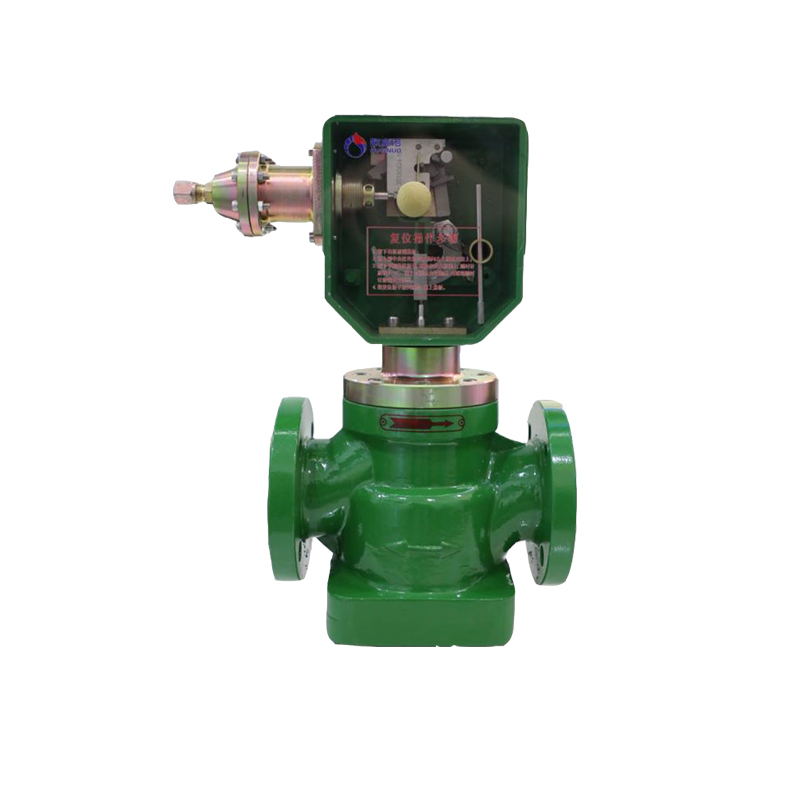
Dec . 04, 2024 16:22
Back to list
High-Performance Voltage Regulator for Enhanced Precision in Electronic Applications
Precision Voltage Regulators Ensuring Stable and Reliable Power Supply
Precision voltage regulators play a critical role in modern electronic circuits and systems. They are designed to provide a stable output voltage, regardless of variations in load current or input voltage. The importance of these devices cannot be overstated, especially in applications that demand high accuracy and reliability, such as in medical devices, telecommunications, and precision instrumentation.
Understanding Voltage Regulation
Voltage regulation is the process of maintaining a constant output voltage despite fluctuations in input voltage or changes in load conditions. In practical terms, a precision voltage regulator must provide an output voltage that remains stable under varying conditions. It achieves this by using feedback mechanisms to continuously adjust its operation, ensuring that the output voltage remains within specified limits.
Types of Voltage Regulators
There are two primary types of voltage regulators linear and switching regulators.
1. Linear Voltage Regulators These regulators provide a smooth output voltage by dissipating excess voltage as heat. They are simple in design, often consisting of an error amplifier and a pass element (usually a transistor). While they offer low noise and excellent transient response, their efficiency decreases with a larger difference between input and output voltages, leading to excess heat generation.
2. Switching Voltage Regulators Unlike linear regulators, switching regulators use inductive components to transfer energy and regulate voltage through rapid switching. This allows for higher efficiency, making them suitable for battery-operated devices and applications where heat dissipation must be minimized. However, they tend to introduce more electromagnetic interference (EMI) and require more complex designs.
Key Features of Precision Voltage Regulators
Several characteristics define the performance of precision voltage regulators
- Output Voltage Accuracy Precision voltage regulators typically have a tight output voltage tolerance, often within ±1% of the nominal value. This accuracy is essential for sensitive applications where small voltage deviations could lead to significant errors.
precision voltage regulator

- Load and Line Regulation Load regulation measures the regulator's ability to maintain output voltage as the load current varies. Line regulation assesses how well the output voltage remains constant with changing input voltage. High-performance precision regulators exhibit excellent load and line regulation capabilities.
- Temperature Coefficient As temperature changes, the output voltage may drift
. Precision regulators are designed with low temperature coefficients, minimizing voltage variations due to temperature fluctuations.- Transient Response The ability to quickly respond to sudden changes in load conditions without excessive voltage deviation is critical in many applications. Precision voltage regulators are engineered to provide fast transient response times, ensuring stability during dynamic load conditions.
Applications of Precision Voltage Regulators
Precision voltage regulators find applications across a wide range of industries
- Medical Devices Accurate voltage regulation is crucial in medical equipment to ensure proper functioning and patient safety.
- Telecommunication Systems Reliable power supplies are essential for maintaining the performance of communication equipment, where voltage fluctuations can lead to signal degradation.
- Aerospace and Automotive In harsh environments, precision voltage regulators provide stable voltage supplies for critical systems, enhancing overall reliability.
- Consumer Electronics Modern gadgets require stable power supplies to optimize performance and extend battery life. Precision regulators are integral to achieving these objectives.
Conclusion
Precision voltage regulators are fundamental components in ensuring stable and reliable power supply in various electronic applications. Their ability to maintain accurate output voltage under changing conditions makes them indispensable in high-performance systems. As technology continues to advance, the demand for precision voltage regulators is likely to grow, leading to further innovations that will enhance their performance and efficiency. Whether in complex industrial systems or everyday consumer devices, precision voltage regulators will remain a cornerstone of electronic design, contributing to the overall reliability and functionality of modern technology.
Latest news
-
Safety Valve Spring-Loaded Design Overpressure ProtectionNewsJul.25,2025
-
Precision Voltage Regulator AC5 Accuracy Grade PerformanceNewsJul.25,2025
-
Natural Gas Pressure Regulating Skid Industrial Pipeline ApplicationsNewsJul.25,2025
-
Natural Gas Filter Stainless Steel Mesh Element DesignNewsJul.25,2025
-
Gas Pressure Regulator Valve Direct-Acting Spring-Loaded DesignNewsJul.25,2025
-
Decompression Equipment Multi-Stage Heat Exchange System DesignNewsJul.25,2025

